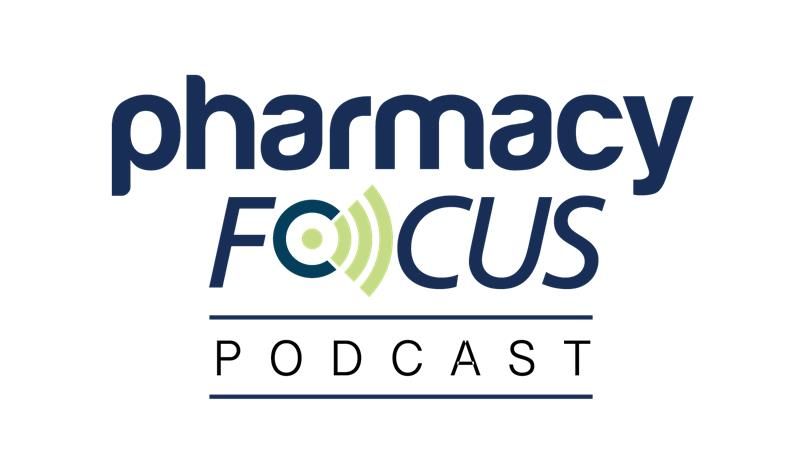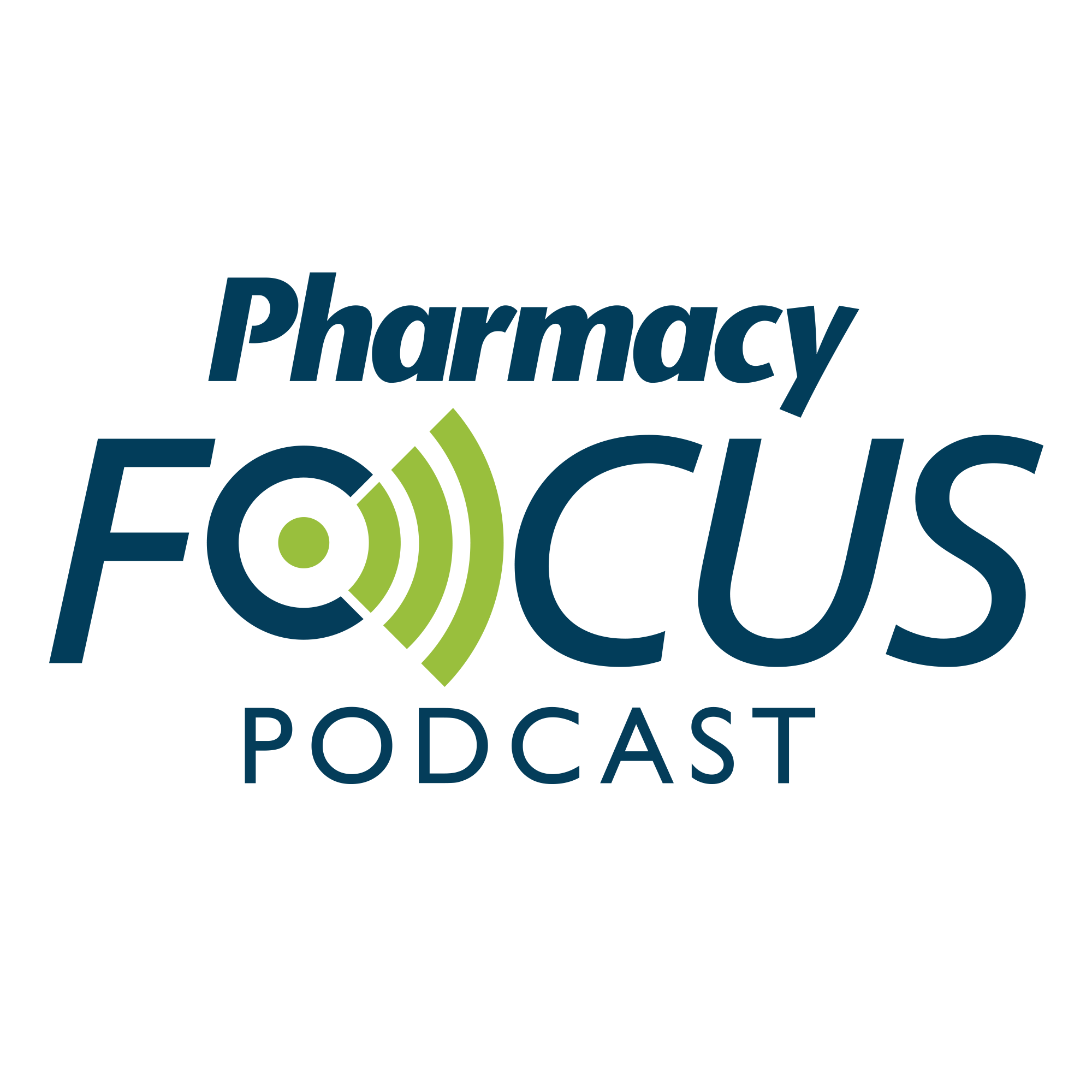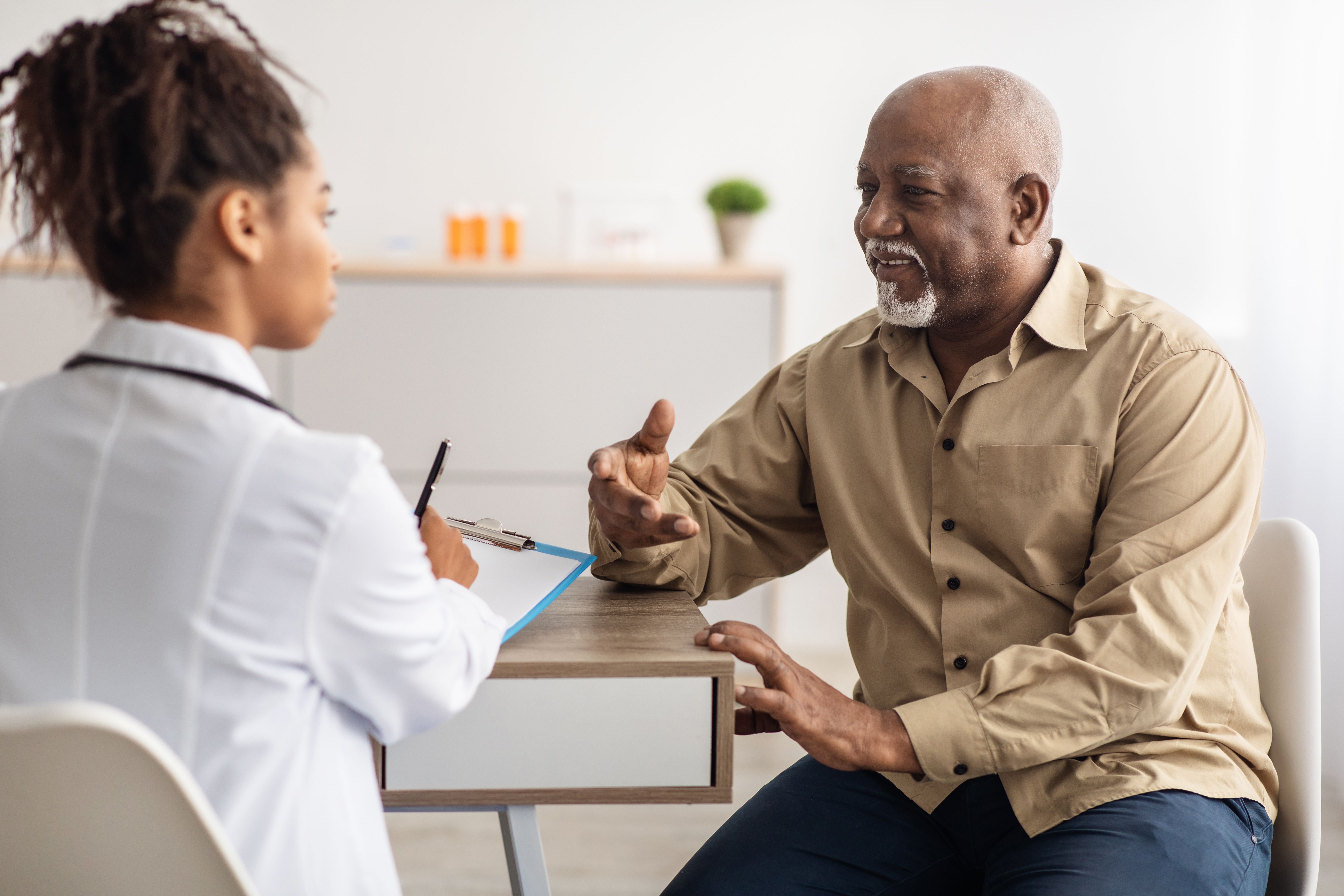Article
Is it Possible to Reverse Type 2 Diabetes?
Author(s):
New study explores the possibility of reversing diabetes through intensive medical treatment.
Although type 2 diabetes currently cannot be cured, it can be managed through diet, exercise, and pharmacotherapy to control blood glucose levels. Patients with diabetes tend to develop other chronic conditions, including heart disease and obesity, which makes proper management of the condition vital to overall health.
A new study published by the Jounral of Clinical Endocrinology & Metabolism suggests that an intensive medical treatment involving oral drugs, insulin, and lifestyle therapies could be used to reverse type 2 diabetes.
“By using a combination of oral medications, insulin and lifestyle therapies to treat patients intensively for 2 to 4 months, we found that up to 40% of participants were able to stay in remission three months after stopping diabetes medications,” said first study author, Natalia McInnes, MD, MSc, FRCPC, of McMaster University and Hamilton Health Sciences, in Hamilton, Ontario, Canada. “The findings support the notion that type 2 diabetes can be reversed, at least in the short term—not only with bariatric surgery, but with medical approaches.”
Included in the study were 83 patients with type 2 diabetes randomized into 1 of 3 cohorts. Participants in all groups received standard care if they experienced a relapse during the trial.
Two of the groups received intensive metabolic intervention, which involved an individualized exercise plan and a meal plan that cut up to 750 calories per day. Patients included in these cohorts met with nurses and dieticians to track their progress. Intervention patients also received oral drugs and insulin before sleep to manage blood glucose levels.
One group was treated for 8 weeks, while the other was treated for 16 weeks. After the intervention period was over, both groups ceased taking diabetes drugs, but were encouraged to continue healthy eating and exercise habits.
Control group participants received standard care from their healthcare provider and received lifestyle advice.
The study participants had their blood glucose levels measured at 8, 20, 28, and 52 weeks to determine blood sugar control. Patients also were given oral glucose tolerance tests.
Three months after the 16-week intervention, 11 out of 27 participants were completely or partially in diabetes remission, according to the study. However, only 4 of the 28 patients in the control group had HbA1C levels that indicated remission.
Three months after the 8-week intervention, 6 out of 28 participants met HbA1C criteria that indicated either complete or partial remission, according to the study.
“The research might shift the paradigm of treating diabetes from simply controlling glucose to an approach where we induce remission and then monitor patients for any signs of relapse,” DrMcInnes said. “The idea of reversing the disease is very appealing to individuals with diabetes. It motivates them to make significant lifestyle changes and to achieve normal glucose levels with the help of medications. This likely gives pancreas a rest and decreases fat stores in the body, which in turn improves insulin production and effectiveness.”
The authors said that future studies should include other prescription drugs used to control diabetes to determine the optimal treatment.
Overall, these findings highlight the importance of diet and exercise in combination with prescription drugs to control and potentially reverse type 2 diabetes.
“We chose to use metformin, acarbose and basal insulin glargine in this trial as these medications have all been shown to slow or prevent the development of type 2 diabetes,” said senior investigator on the trial, Hertzel C. Gerstein, MD, MSc, FRCPC. “However, other drug combinations could lead to higher remission rates and need to be systematically studied with regard to this outcome.”
Newsletter
Stay informed on drug updates, treatment guidelines, and pharmacy practice trends—subscribe to Pharmacy Times for weekly clinical insights.






